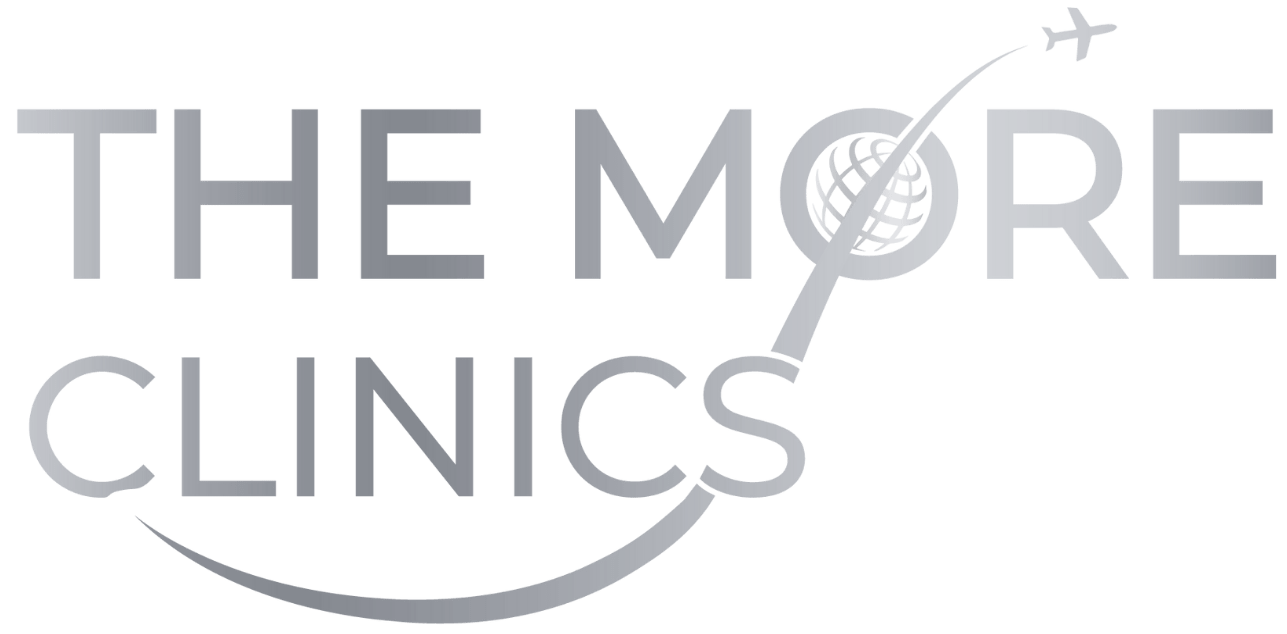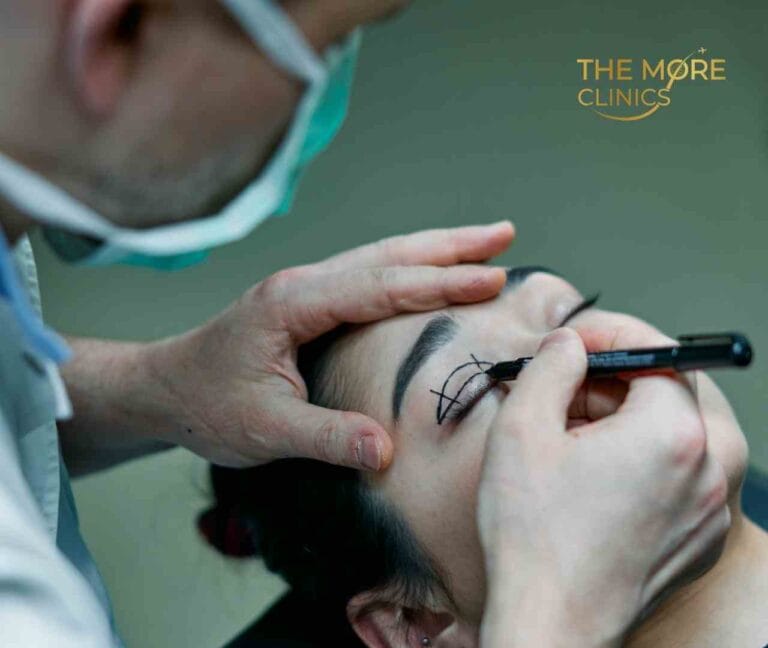Plastic Surgery Overview
In this article, we will explore the various aspects of plastic surgery, including its different types, benefits, risks, and the professionals who perform these procedures. Whether you’re considering one of plastic surgery types for aesthetic reasons or reconstructive purposes, this guide aims to provide you with valuable insights and information to make an informed decision.
What is Plastic Surgery?
Plastic surgery is a medical specialty that focuses on improving a person’s appearance and function through surgical techniques. It encompasses both cosmetic (aesthetic) and reconstructive procedures.
Plastic surgeries aim to improve physical appearance, restore normal bodily functions, or correct deformities caused by accidents, birth defects, or medical conditions.There are two main types of plastic surgery: cosmetic and reconstructive.

What is Reconstructive Plastic Surgery?
Reconstructive surgery is a vital branch of plastic surgery that aims to restore normalcy and function to areas of the body affected by:
- trauma due to physical injury
- malformations: birth defects, developmental deformities, or congenital abnormalities
- tumor surgeries: removal of cancerous tissue or tumors
- infection: bacterial or fungal infections that cause disfigurement in the affected area
- burns and other skin conditions like scars.
Reconstructive surgery is a form of plastic surgery that aims to improve the function of an area or organ, while also enhancing its appearance. This type of surgery can help improve speech and mobility, restore facial symmetry, and much more.
What is Cosmetic (Aesthetic) Plastic Surgery?
Cosmetic plastic surgery, also known as aesthetic surgery, focuses on enhancing a person’s appearance by improving aesthetic features like size, shape, assymettry, wrinkles, and more. This type of surgery aims to improve one’s self-confidence and overall sense of wellbeing.
Who Performs Plastic and Reconstructive Surgery?
Plastic and reconstructive surgeries are performed by highly trained and specialized medical professionals known as plastic surgeons. These surgeons undergo extensive education and training to ensure they possess the skills and expertise required for performing complex procedures.
Cosmetic procedures are performed by surgeons specializing in different fields such as plastic surgery, dermatology, otolaryngology, and others. To prioritize your safety, it is crucial to thoroughly verify the credentials of your surgeon and ensure their qualifications align with the procedure you desire.

Types of Plastic Surgery
Types of Reconstructive Plastic Surgery
Reconstructive plastic surgery encompasses a wide range of procedures, including:
- Scar Revision Surgery: This procedure aims to minimize a scar so it blends more seamlessly with the surrounding skin tone and texture. Techniques for scar revision vary widely and depend on the type and severity of the scarring.
- Cleft Lip and Palate Repair: A cleft lip or palate is a birth defect that affects the mouth and nose. Reconstructive surgery can correct this defect, allowing for improved function and appearance.
- Breast Reconstruction: This is commonly performed on women who have undergone mastectomy due to breast cancer. The procedure helps restore the shape, appearance, and size of the breasts.
- Hand Surgery: Reconstructive hand surgery can help restore function and appearance to the hands and upper extremities after injury or disease, such as carpal tunnel syndrome or rheumatoid arthritis.
- Burn Repair Surgery: This type of surgery is typically performed after severe burn injuries to restore function and appearance, reduce scarring, and increase flexibility.
- Skin Cancer Removal and Reconstruction: In this procedure, surgeons remove skin cancer and reconstruct the affected area to retain as much function and normal appearance as possible.
- Congenital Defect Repair: This includes procedures to correct birth defects like ear deformities (microtia), hand deformities, or other congenital malformations.
- Lower Extremity Reconstruction: This surgery is performed to restore function and stability to the lower limbs after an injury or due to conditions like diabetic foot ulcers.
- Facial Paralysis Surgery: This procedure seeks to restore symmetrical appearance and function in patients with facial paralysis caused by conditions such as Bell’s palsy or stroke.
- Gender Confirmation Surgery: For transgender individuals, these surgeries assist in aligning their physical appearance with their gender identity, promoting mental well-being and self-confidence.
Types of Cosmetic Plastic Surgeries
Cosmetic plastic surgery is defined as a range of procedures that improve a person’s physical appearance and enhance their confidence by improving aesthetic features such as size, shape, symmetry, wrinkles, etc. Common cosmetic surgeries include:
Face and Neck:
- Rhinoplasty (Nose Surgery)
- Facelift (Rhytidectomy) / Vertical Restore Facelift
- Eyelid Surgery (Blepharoplasty)
- Brow Lift
- Neck Lift
- Otoplasty (Ear Surgery)
- Double Chin Surgery
- Canthoplasty
Breast Surgery:
- Breast Augmentation (Implants)
- Breast Lift (Mastopexy)
- Breast Reduction
- Male Breast Reduction (Gynecomastia Correction)
Body Contouring:
- Tummy Tuck (Abdominoplasty)
- Liposuction
- Body Lift
- Buttock Augmentation (Butt Lift or Brazilian Butt Lift)
- Arm Lift (Brachioplasty)
- Thigh Lift
- Abdominal Etching
- Vaginal Rejuvenation: (Vaginoplasty, Labioplasty, Monsplasty, Vulvoplasty)
- Penile Augmentation (phalloplasty)
- Penile Lengthening
What are the Advantages and Disadvantages of Plastic Surgery
Like any other medical procedure, plastic surgery has its advantages and disadvantages. It is important to understand both the potential benefits and risks associated with these procedures before deciding to undertake them.
Benefits of Plastic Surgery
Plastic surgery offers numerous benefits, including:
- Enhanced Self-Confidence: Improving physical appearance often leads to increased self-esteem and confidence.
- Improved Physical Function: Reconstructive surgery can restore lost function due to injury or illness.
- Psychological Well-being: Feeling better about one’s appearance can positively impact mental health.
- Correction of Birth Defects: Plastic surgery can address congenital deformities, allowing individuals to lead normal lives.
Risks of Plastic Surgery
While plastic surgery offers many advantages, it’s essential to be aware of potential risks, such as:
- Infection: Surgical procedures carry the risk of infection, which can be mitigated through proper hygiene and post-operative care.
- Scarring: All surgeries leave scars, although plastic surgeons strive to minimize their visibility.
- Anesthesia Complications: Anesthesia can have side effects, although they are typically rare and closely monitored.
- Unsatisfactory Results: Despite a surgeon’s best efforts, outcomes may not always meet patients’ expectations.
Last Words from the More Clinics
Plastic surgery is a field of medicine that is evolving rapidly, with new techniques and approaches being developed every day. Whether you’re considering plastic surgery for aesthetic or reconstructive reasons, it’s important to do your research and choose a qualified, experienced surgeon.
The plastic surgery team at the More Clinics understands the importance of safety and satisfaction, and is dedicated to providing personalized care tailored to your individual needs and goals. Contact us today for more information or to schedule an appointment. We look forward to helping you achieve your desired results!
GET A FREE CONSULTATION!
Let’s Start Planning Your Treatment %100 Guarantee Results.
Frequently Asked Questions (FAQs)
The recovery process varies depending on the type of surgery performed. It can range from a few days to several weeks. It’s crucial to follow your surgeon’s post-operative instructions diligently for a smooth recovery.
While plastic surgery can provide long-lasting results, they are not entirely permanent. Factors like aging and lifestyle choices can affect the longevity of the outcomes.
When choosing a plastic surgeon, ensure they are board-certified, experienced in the specific procedure you desire, and have a positive reputation in the field.
In most cases, insurance does not cover elective cosmetic procedures. However, it may cover reconstructive surgeries necessary for medical reasons.
Your surgeon will provide detailed pre-operative instructions. Generally, you should stop smoking, avoid certain medications, and maintain a healthy lifestyle before surgery.
The cost of plastic surgery varies widely depending on the procedure and location. Consult with your chosen surgeon to obtain a precise cost estimate.

Written by The More Editorial Team and Medically Reviewed by Dr. Gökhan Bacak who specialized on Medicine and Plastic Surgery






